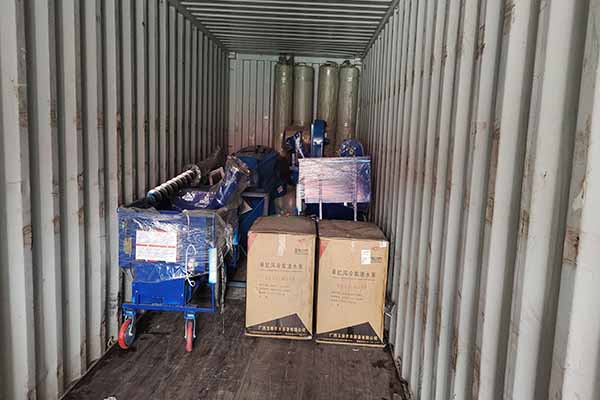Egg Farming in Kenya: A Comprehensive Guide
Time : 2025-05-13
Egg farming in Kenya is a thriving industry that plays a crucial role in the nation’s food security and economic growth. With the growing demand for eggs in both urban and rural areas, Kenyan farmers are stepping up their game to meet the market needs. In this article, we’ll delve into the ins and outs of egg farming in Kenya, from the types of eggs produced to the best practices for maintaining a healthy flock.
Overview of Egg Farming in Kenya
Kenya’s egg production has seen significant growth over the years. This is largely attributed to the government’s focus on agriculture and the increasing awareness of the importance of protein in the diet. According to the Kenya egg producers’ Association (KEPA), Kenya produced over 300 million eggs in 2020.
Types of Eggs
In Kenya, there are primarily two types of eggs: cage-free and battery cage eggs.
Cage-Free Eggs:
– Hens are allowed to roam freely within a barn.
– They have access to food and water at all times.
– These eggs are often perceived as healthier and more ethical.
Battery Cage Eggs:
– Hens are confined to small battery cages.
– They have limited space and movement.
– Despite the restrictions, battery cage eggs are the most common in Kenya.
Challenges in Egg Farming
Despite the industry’s growth, egg farmers in Kenya face several challenges:
– Feed Costs: The rising cost of feed, particularly corn and soya bean meal, has been a major concern for farmers.
– Disease: Avian influenza and Newcastle disease are common in Kenya, which can lead to high mortality rates in flocks.
– Climate: The changing climate can affect egg production, with high temperatures and humidity being particularly challenging.
Best Practices for Egg Farming
To ensure a successful egg farming operation in Kenya, here are some essential best practices:
1. Select the Right Breed: Choose a breed that is well-suited to the Kenyan climate and has a high egg production rate.
2. Ventilation: Ensure your hen house is well-ventilated to prevent heat stress during hot weather.
3. Water: Provide clean, fresh water at all times.
4. Feed Quality: Use high-quality feed to ensure healthy hens and good egg production.
5. Healthcare: Implement a regular healthcare program to prevent and treat diseases.
Egg Farming Techniques
There are several techniques used in egg farming in Kenya, including:
– Free-Range Farming: This involves allowing hens to roam freely and peck at the ground for food. It’s more labor-intensive but results in healthier hens and better-tasting eggs.
– Conventional Farming: Hens are kept in a barn and fed a controlled diet. This method is more common in Kenya due to its lower cost and higher production rates.
– Organic Farming: This involves avoiding the use of synthetic chemicals and pesticides. While it’s a growing trend, it remains a niche market in Kenya.
Marketing Your Eggs
Effective marketing is key to selling your eggs in Kenya. Here are some strategies:
– Direct Sales: Establish a direct relationship with local restaurants and markets.
– Retail Outlets: Supply supermarkets and groceries.
– E-commerce: Utilize online platforms to reach a wider audience.
– Farmers’ Markets: Participate in farmers’ markets to increase brand visibility.
The Future of Egg Farming in Kenya
The future of egg farming in Kenya looks promising. With the growing middle class and increased awareness of nutrition, the demand for eggs is expected to rise. Here are some potential developments:
– Sustainable Practices: More farmers are likely to adopt sustainable farming practices to reduce their environmental footprint.
– Innovation: Technological advancements, such as automated feeding systems and egg collection, are expected to improve efficiency.
– Research and Development: Continuous research will be crucial in developing better breeds and feed formulations.
Conclusion
Egg farming in Kenya is a vital industry that contributes to the nation’s food security and economy. By implementing best practices, addressing challenges, and adapting to market trends, farmers can ensure a successful and sustainable egg farming operation.












